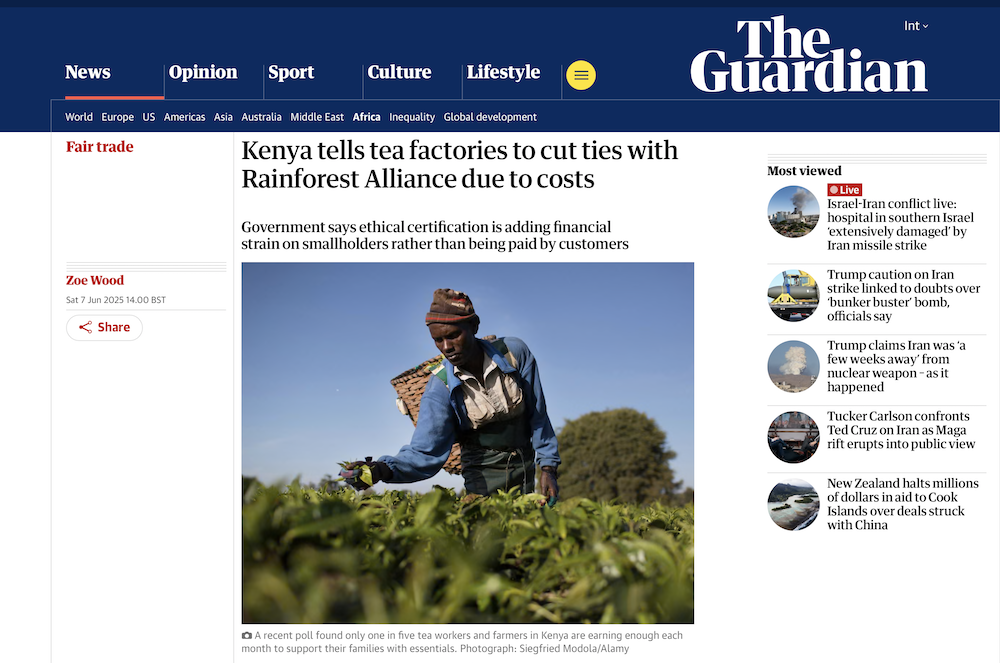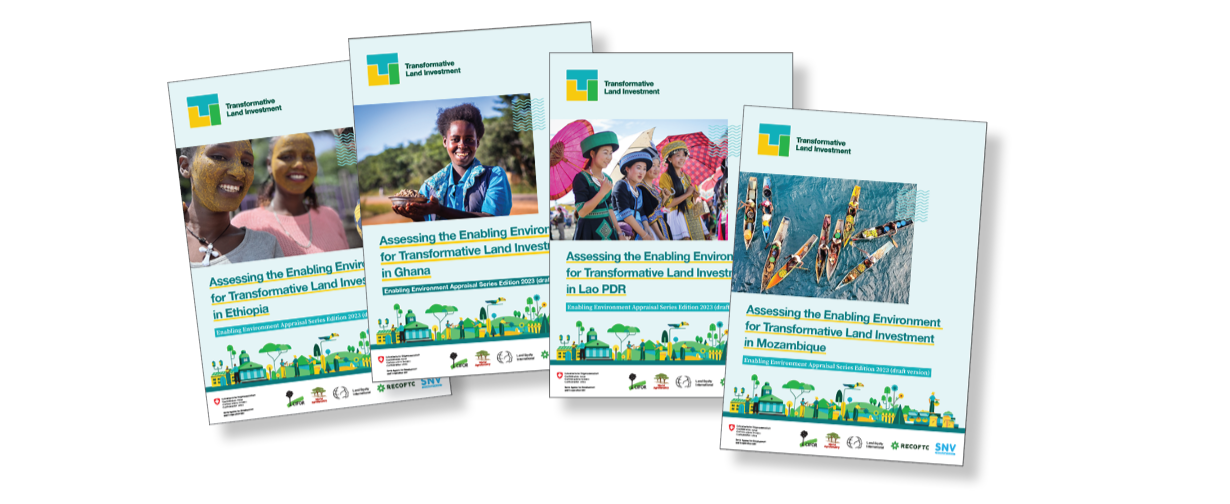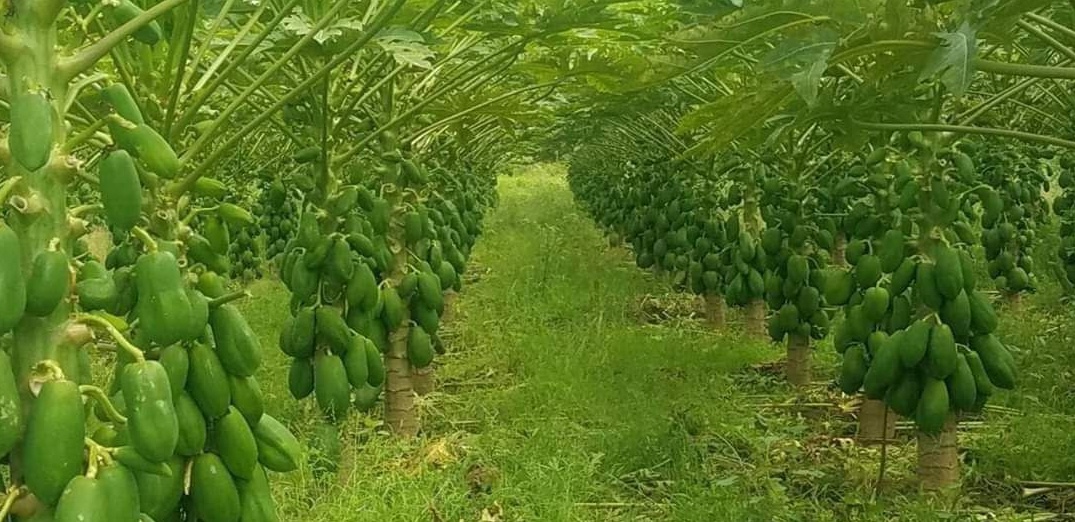
Can co-creation save sustainability? What Kenya’s tea sector crisis reveals about global standards and local realities
In June 2025, Kenya’s government made an unexpected but bold move: it directed dozens of tea factories to cut ties with the Rainforest Alliance, one of the world’s leading sustainability certification schemes. The reason? The government argued that the cost of compliance for smallholder farmers was simply too high — and the benefit too marginal.
As reported by The Guardian, the fallout underscores a widening credibility gap between global sustainability standards and the on-the-ground realities faced by rural producers and national policymakers.
But what if these breakdowns could be prevented?
At the Transformative Land Investment (TLI) programme, we believe they can — if sustainability is pursued not as a top-down checklist, but as a locally negotiated, inclusive process. That’s where Business Transformation Labs (BTLs)come in.
Beyond certification: The real challenge is legitimacy
At the heart of the Kenyan government’s decision lies a broader governance dilemma: Who defines sustainability? And who pays for it?
Certification schemes like Rainforest Alliance are often seen as a passport to international markets, assuring buyers and consumers that products are ethically and environmentally sound. But for producers — especially smallholders — the road to certification can be expensive, complex, and rigid. When the perceived benefits don’t match the investment, trust erodes.
This is not a problem of bad intentions — it’s a problem of process. Sustainability efforts that don’t account for local costs, capacities, and priorities risk undermining their own legitimacy, even if the technical standards are sound.
A different approach: Business Transformation Labs
This is exactly the kind of situation that Business Transformation Labs (BTLs) were designed to address.
BTLs are part of TLI’s effort to reimagine how land-based investments are governed. Rather than relying solely on third-party mechanisms or regulatory directives, BTLs create neutral, structured spaces for co-creation — bringing companies, governments, communities, and even certifiers to the table to collaboratively address sustainability challenges.
“Usually the underlying issue is a lack of trust and lack of transparency,” says Dr George Schoneveld, who leads the TLI programme at CIFOR-ICRAF. “The co-creation process is about having everyone collaboratively agree on a way forward — how do we resolve these issues, which we’re all facing in our own unique ways?”
These issues can include:
- Land or resource conflicts
- Labour and safety conditions
- Environmental degradation and deforestation
- Weak smallholder integration
- Barriers to standards compliance
But the solutions aren’t pre-set. Each Lab builds its own roadmap, co-designed by those who are affected most.
What might have happened differently in Kenya?
Had a BTL been applied in Kenya’s tea-growing landscapes, it could have offered an early warning system — a place where concerns over cost, relevance, and compliance could have been raised constructively before reaching breaking point.
A BTL might have:
- Helped negotiate adaptations to the certification requirements that reflect local realities
- Facilitated shared financing models or support mechanisms for smallholders
- Identified alternative indicators or phased approaches to compliance
- Restored trust between certifiers, farmers, processors, and government
Importantly, it could have supported local ownership of sustainability efforts — making certification something done with producers, not to them.
From breakdown to breakthrough
The Kenyan tea case is not unique. Across many sectors and landscapes, there is a growing call for sustainability to move beyond audits and labels — toward inclusive governance and collaborative problem-solving.
That’s what Business Transformation Labs offer: a way to turn tension into transformation.
These Labs do more than mediate conflict. They help define what sustainability means in context, who benefits, and how the path forward is shaped — together.
At a time when global standards are under increasing pressure to prove their legitimacy, BTLs provide a model for how trust, accountability, and impact can be built from the ground up.




